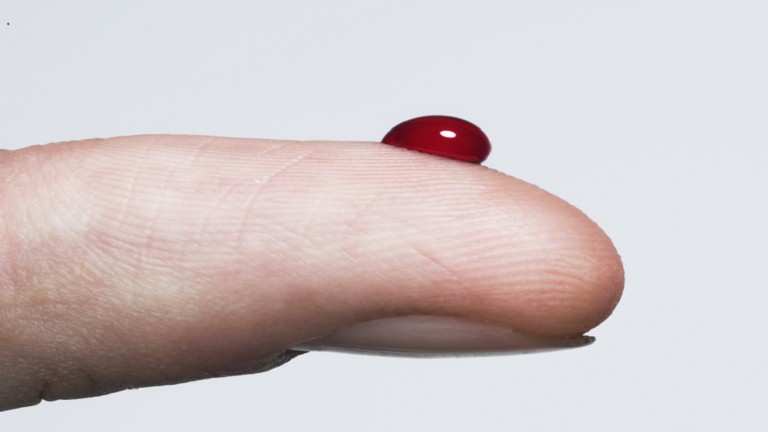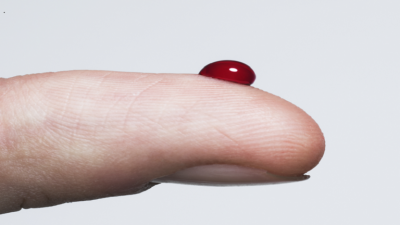Type 2 diabetes is a chronic condition characterized by fluctuating blood sugar levels in response to dietary choices. To prevent spikes in blood sugar, one should avoid overconsumption of five vegetables, as they can cause levels to rise "rapidly." Type 2 diabetes means that the pancreas does not produce enough insulin, or that the insulin produced is not absorbed by the cells. This is a problem because insulin regulates blood sugar. When this mechanism is compromised, blood sugar levels can rise, leading to a series of complications.
The key lies in reducing high-carbohydrate foods, as some carbohydrate-rich items are quickly broken down into glucose (blood sugar), resulting in elevated blood sugar levels. The most culpable items are starchy foods, as explained by Diabetes UK: "All of them contain carbohydrates, which break down into glucose and serve as fuel for our cells. The problem with some starchy foods is that they can rapidly raise blood glucose levels, making diabetes management challenging."
The American Diabetes Association (ADA) advises that although vegetables are generally healthy, some starchy varieties should be consumed cautiously. The ADA highlights the following starchy vegetables:
- Corn
- Green peas
- Sweet potatoes
- Pumpkin
- Bananas
To identify safer options, one should refer to the Glycemic Index (GI) – a classification system for carbohydrate-containing foods that indicates how quickly each food affects blood sugar levels when consumed alone. It is generally advisable to choose non-starchy vegetables with a lower GI, as they digest more slowly and cause a gradual rise in blood sugar levels over time. These include:
- Chinese spinach
- Artichokes
- Artichoke hearts
- Asparagus
- Baby corn
- Beans
- Bean sprouts
- Beets
- Broccoli
- Cabbage
- Carrots
Some low GI foods, such as those made from whole grains, fruits, vegetables, beans, and lentils, should be part of a healthy and balanced diet. However, using the Glycemic Index to determine whether foods or food groups are healthy can be misleading. The NHS states: "High GI foods are not necessarily unhealthy, and not all low GI foods are healthy."
Therefore, relying solely on the Glycemic Index is not a reliable method for deciding if foods or food groups are healthy.




